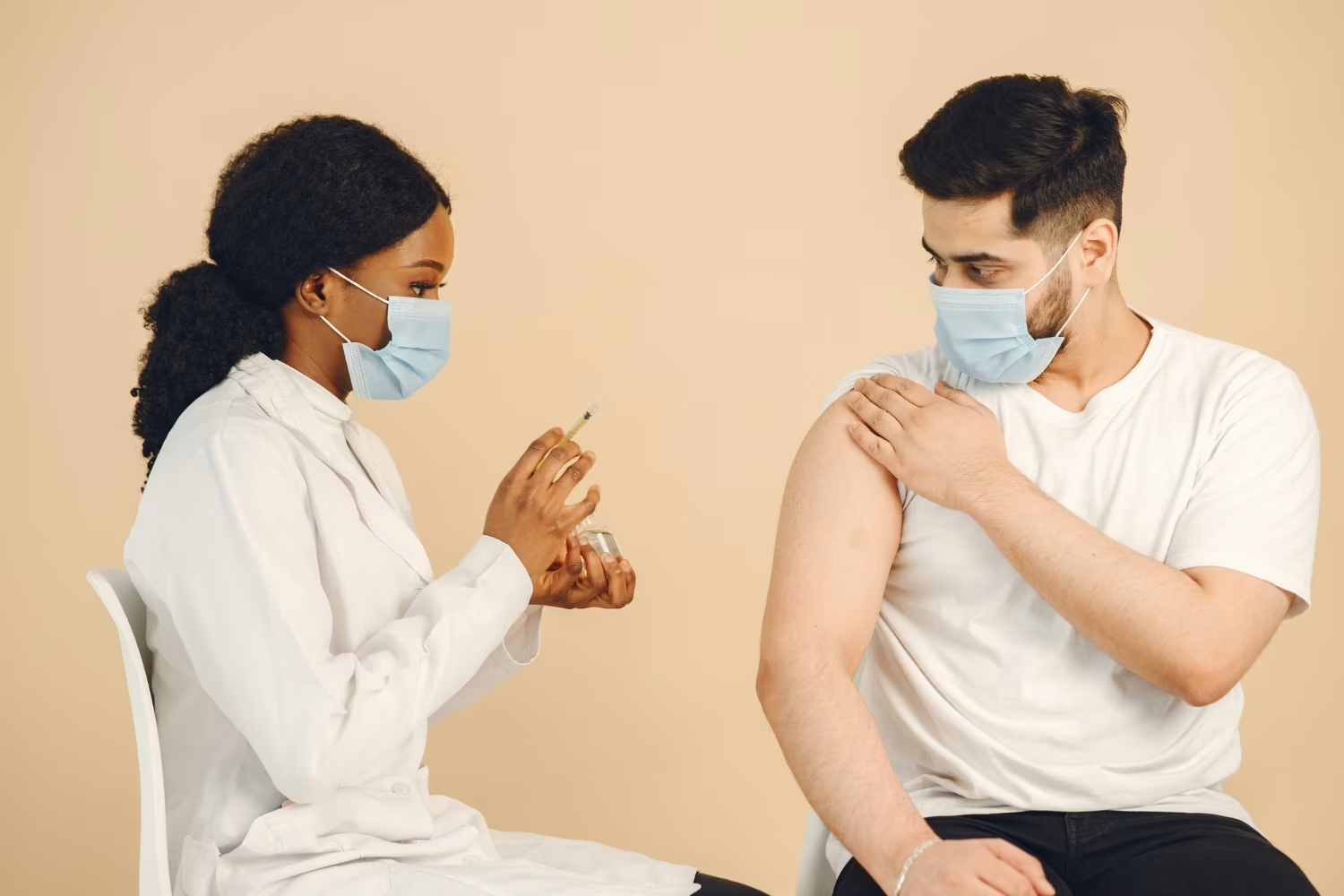
Understanding mental health is crucial, yet many myths surround it, often leading to stigma and misconceptions. This article aims to clear the air by debunking common myths and reinforcing verified facts about mental health. By enhancing our knowledge, we can foster a more supportive and informed community that encourages individuals to seek help and support when needed.
Mental health refers to our cognitive, behavioural, and emotional well-being. It is all about how we think, feel, and behave. The term 'mental health' is sometimes used to mean an absence of a mental disorder. Mental health awareness is vital because it affects every aspect of life, from relationships and education to physical health and career success. Understanding what mental health involves is a crucial step in dispelling myths and reducing the stigma associated with mental health conditions.
Contrary to this belief, mental health issues are more common than many people think, affecting millions of people each year across all demographics.
Children, like adults, can experience mental health problems, often manifesting differently than they do in adults. Early intervention is crucial to manage these conditions effectively.
This misconception undermines the seriousness of mental health problems, which are complex conditions that arise from a combination of genetic, biological, environmental, and psychological factors.
Statistics show that individuals with mental health conditions are more likely to be victims of violence than perpetrators.
Therapy and other treatments for mental health disorders have been scientifically proven to be effective, and they are vital tools in managing and treating mental health conditions.
Globally, hundreds of millions of people are affected by mental health conditions. Mental health issues know no borders and can affect individuals of any nationality, age, or socioeconomic status.
From young children to the elderly, mental health issues can impact anyone at any stage of life, often with varying symptoms and treatments.
Admitting you need help and pursuing treatment is a courageous and critical step towards recovery.
With the right treatment and support, many individuals with mental health issues lead successful, fulfilling lives.
A range of effective treatments exists for mental health issues, including therapy, medication, and lifestyle changes, all contributing to recovery and a better quality of life.
Debunking myths about mental health is essential for building a society that actively supports mental well-being and encourages individuals to seek help without fear of judgment. We can contribute to a healthier, more empathetic community by spreading knowledge and understanding. We encourage everyone to learn more and participate in mental health awareness activities. If you or someone you know is struggling with mental health issues, our clinic offers comprehensive mental health support and education to help navigate these challenges.



.jpg)
.jpg)
.jpg)